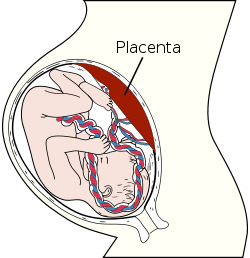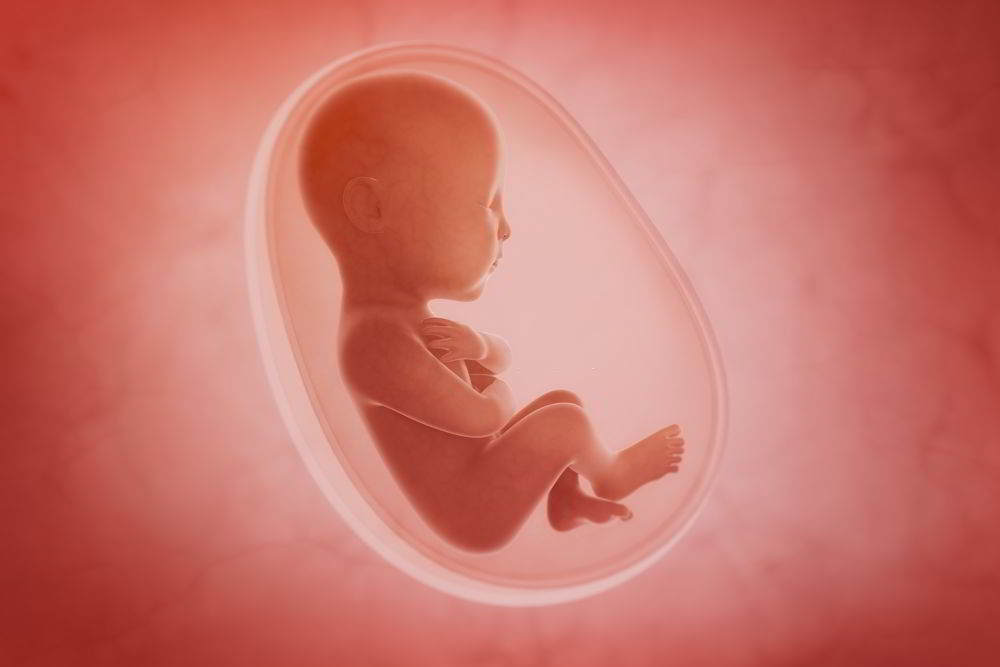For your pregnancy to be successfully completed, a proper hormonal balance should be achieved and maintained. Normally, this is first done by the ovaries then the placenta takes its place. The placenta will take over the ovaries in producing the hormones that will ensure the completion of pregnancy without any complications. The question is; when does the placenta take over? I will answer that question for pregnant women out there like you so that all of you would be knowledge about this information.
What Is Placenta?

The placenta is an organ that starts to grow upon the conceiving of the fetus. Its job is to do everything to ensure the baby’s safety and health in the mother’s womb. It protects the baby from infections and toxins. If the baby is finally delivered, the doctors will take it out too because its job is done.
How Does The Placenta Develop?
1. During the 3rd Week of Pregnancy
The follicle of the ovary collapses and this is known as corpus luteum which starts to create progesterone hormone. At this stage, it also starts to get nourishment for the embryo. During the pregnancy’s 2nd trimester, it continues to do all of the things stated above.
2. During the 4th Week of Pregnancy
A cell collection moves on the uterus and s being attached to the wall of the uterus. In this mass collection, some cells split and attach into the uterine wall’s deeper spot. The other cells start to form fingers and toes. The cells that split away will create an organ that is made of blood vessels. This organ is called placenta and takes the ovaries’ responsibilities to keep the fetus viable from the corpus luteum.
3. The Number of Placentas for Twins are Different
The numbers of placenta will vary in case of twins. For fraternal twins, each baby is provided with placenta. For identical twins, it still depends on the time of the split of fertilised egg. If the embryo is divided after the formation of placenta, both babies will be sustained by one placenta only. However, if the embryo is separated early, each baby will have one placenta each.
4. During the Next 8 Weeks of Pregnancy
The smaller capillaries will then develop into larger blood vessels and it will provide the organ nourishment and oxygen for the baby. At this point, the placenta doesn’t stop growing and will continue to grow with the baby until it is delivered.
When Does The Placenta Take Over?
I already talked about the development of the placenta; now I will answer the main question of this article, which is when does the placenta take over?
The placenta becomes fully developed and functional during the 12th week of pregnancy. It will vary to some pregnant women but in normally, it can produce hormones for the pregnancy’s sustenance in the 12th week or after the 12th week of pregnancy.
At this point, the placenta will provide nutrients for the development of baby and its means and ways for waste disposal.
In actuality, the mother is producing progesterone in the early stage of pregnancy but when the placenta is finally functional it starts to secrete the required level of progesterone. When the placenta takes over, it eliminates symptoms of pregnancy like morning sickness.
Some Of The Issues With Placenta Development
The development of the placenta is not definite for everyone. It still depends on your lifestyle. There are a lot to consider during pregnancy, you’re aware of it. One of those is to maintain a healthy lifestyle for you and your body.
A healthy lifestyle will not only benefit other areas of your pregnancy but it will also keep you, the baby and the placenta healthy. However, you can also take a look at some genetic factors that might cause problems in the development of your placenta.
Below are some of the factors that might affect the development of your placenta:
- Blood Pressure
- Mother’s Age
- Earlier Pregnancies
- Pregnant With More Than 1 Baby
Some of the signs that you are experiencing placenta-related issues are the severe back pain, vaginal bleeding and fast uterine contractions. You can also have your placenta checked by the doctor to see if there are issues with the placenta’s size and position.
I hope that the question ‘”when does the placenta takes over” is answered. This information is very helpful for you to understand the activities happening in your baby and the ways it is kept nourished and healthy. If you want close monitoring, you can visit your doctor and check it on ultrasounds. It is also very important to remember to keep a healthy lifestyle to avoid further complications.
If you find this article informative, please let me know in the comment box below! Let me know too about your experiences about the placenta that you want to share.



